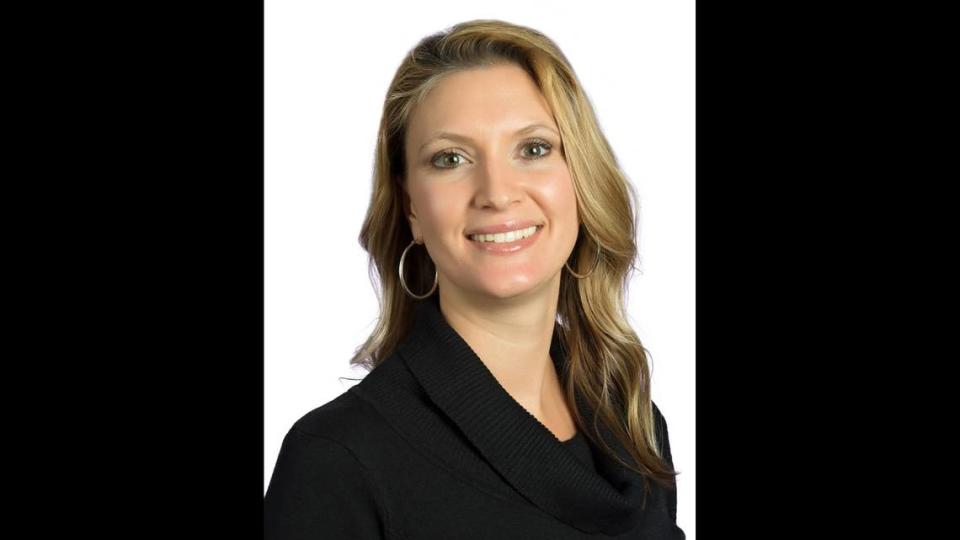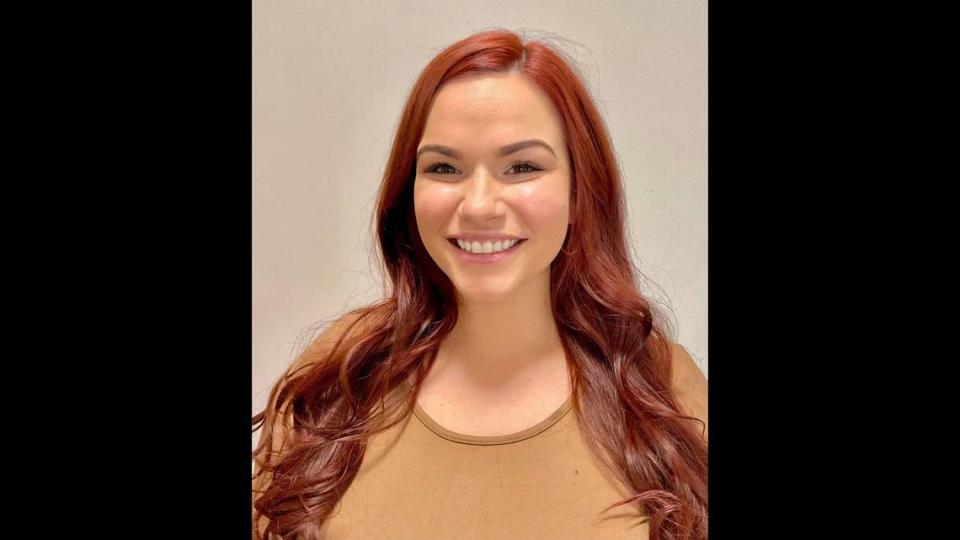‘Sound of Freedom’ spotlights trafficking, but at the expense of survivors’ voices | Opinion
- Oops!Something went wrong.Please try again later.
The movie “Sound of Freedom” hit the theaters on July 4 and is approaching $100 million in ticket sales since. The movie — produced by Angel Studios, which was co-founded by Mormon brothers — depicts the story of Tim Ballard, the Mormon founder of the nonprofit organization Operation Underground Railroad, dramatically recovering victims of human trafficking.
As a scholar-activist and social entrepreneur who has collaborated with dozens of individuals and organizations for two decades to combat human trafficking and a survivor of the crime, we are delighted with the outpouring of interest in the issue that this film has generated. However, we are also discouraged.
Rather than centering survivors who have overcome trafficking as the heroes of the story, the film centers on Ballard and Operation Underground Railroad. The anti-trafficking movement has come a long way in the last two decades in elevating survivor voices to tell their own stories (or not), rather than having “rescuers” speak for them (sometimes without permission). We have moved past language like “voice for the voiceless.” Survivors have a voice and we can best honor them by listening, not speaking for them.
Yet, we have also witnessed firsthand the major headwinds survivors face in trying to get their own stories told through the medium of film. “Sound of Freedom” cost $14.5 million to make, and Angel Studios raised another $5 million in a two-week crowdfunding event with a network of 7,000 investors. We do not know a single trafficking survivor with the access and network to garner this level of financial support to tell his or her own story.
The majority of trafficking survivors globally are low-income people of color who have faced complex and intersectional oppressions; those involved in this film are almost exclusively upper-income white males. They could have opened up their contact lists and pocketbooks to those with lived experience. They could have come alongside them to tell their own story. They did not.
Ballard has built quite an empire for himself and his family on the issue of human trafficking. A white board purportedly drawn up by him in a meeting visualizes a complex combination of for-profit and nonprofit organizations with the ultimate goal of “lead[ing] them to the covenant.” It’s unclear who “them” refers to — it could be the public, financial supporters or trafficking victims or survivors — but “the covenant” presumably refers to the Mormon “covenant,” as defined by the Church of Jesus Christ of Latter Day Saints using scripture from the Book of Mormon and the church’s Doctrine of Covenants.
In other words, Ballard is using his platforms — implicitly or explicitly — to convert people to Mormonism.

This is particularly problematic for an anti-trafficking organization that can potentially use its position of influence to manipulate a vulnerable population into conversion. It is also curious that devout Catholics and Protestants have hitched their wagons to Operation Underground Railroad and Ballard, given his religious aims.It is a beautiful thing when an ecumenical group of people converge around a mission for the sake of the mission. In this case, however, it appears that the primary mission for Ballard is the “covenant”; “rescue” is the means, not the end.
Ballard wrote “sizzle” under each entity on his white board, most likely referring to the creation of a sizzle reel for each organization. But this also aptly describes his style. Operation Underground Railroad has come under scrutiny for painting a sensationalized narrative of human trafficking that is incomplete at best and misleading at worst.
For example, he wrote that the U.S. needs a border wall “for the children.” One of the co-authors of this piece has done research analyzing more than 3,000 federally prosecuted human trafficking cases, surveying over 1,000 survivors of trafficking and interviewing convicted trafficking offenders in federal prison, and it reveals a different reality. The vast majority of sex trafficking in the United States is perpetrated by American citizens on American victims, most of whom are women and girls of color. Claims like Ballard’s lead to bad policy and misdirected resource allocation.
The exceptional response to “Sound of Freedom” suggests that Americans are outraged by human trafficking — as they should be. But it’s disheartening that it took a “sizzled” version of the truth and a white male “slave stealer” protagonist to get the public’s attention.
We hope that the next blockbuster film on human trafficking tells a real story of a real survivor in his/her own voice and that we all listen as they speak for themselves.
Dr. Vanessa Bouché, a research fellow at Southern Methodist University in Dallas, is a leading researcher, consultant and expert witness in human trafficking cases. Ava Kamdem is a student at Columbia University and survivor of human trafficking.


Do you have an opinion on this topic? Tell us!
We love to hear from Texans with opinions on the news — and to publish those views in the Opinion section.
• Letters should be no more than 150 words.
• Writers should submit letters only once every 30 days.
• Include your name, address (including city of residence), phone number and email address, so we can contact you if we have questions.
You can submit a letter to the editor two ways:
• Email letters@star-telegram.com (preferred).
• Fill out this online form.
Please note: Letters will be edited for style and clarity. Publication is not guaranteed. The best letters are focused on one topic.

